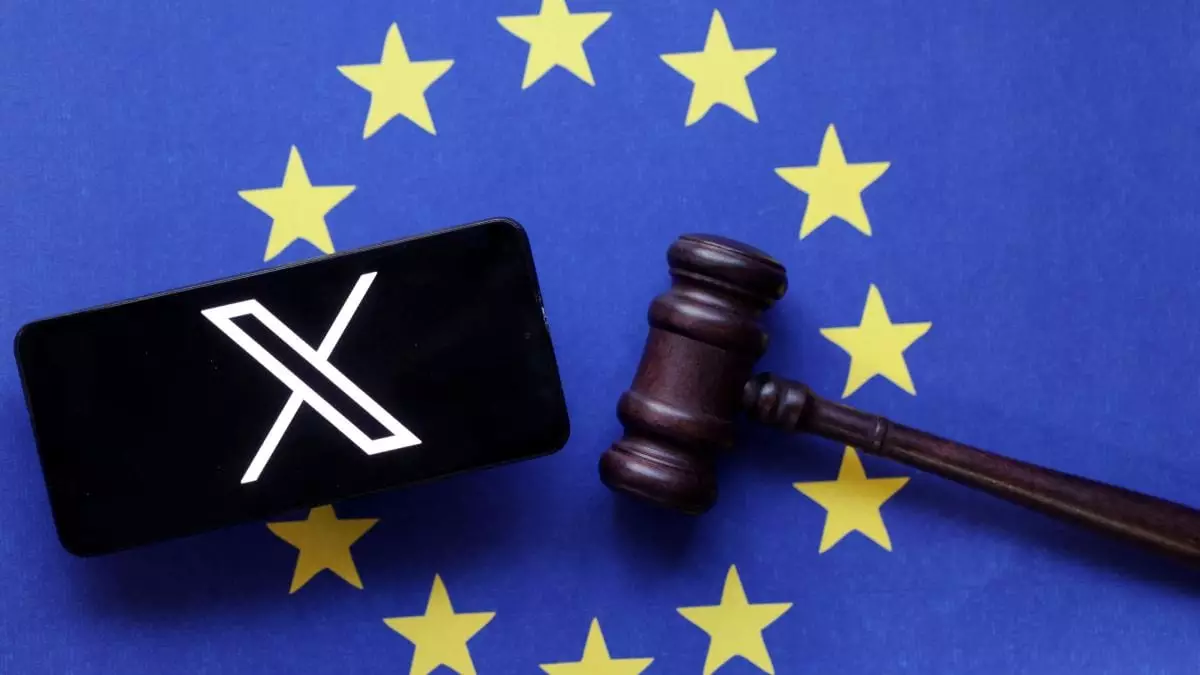In recent years, the European Union has taken significant steps to regulate the digital landscape, focusing specifically on curbing the influence of major tech firms. Among these initiatives, the Digital Markets Act (DMA) has emerged as a crucial piece of legislation aimed at maintaining fair competition among digital platforms. However, Elon Musk’s social media venture, X, may find itself exempt from these stringent regulations. This article delves into the criteria set by the DMA and the broader implications for X, as well as the challenges posed by the Digital Services Act (DSA).
The DMA outlines specific thresholds that determine whether a company qualifies as a “gatekeeper.” To fall under this classification, a platform must have over 45 million monthly active users coupled with a market valuation exceeding 75 billion euros (approximately $83 billion). Musk’s X has positioned itself as not meeting these essential criteria, thus potentially sidestepping the obligations imposed on larger platforms. As X navigates its standing with the European Commission, the lack of gatekeeper status presents both advantages and obstacles within the competitive digital space.
One of the primary requirements for gatekeeper platforms is ensuring interoperability across messaging services. This regulation aims to empower consumers by allowing them to dictate which applications they wish to use on their devices, while preventing platforms from showing bias towards their proprietary services. If classified as a gatekeeper, X would have to facilitate seamless interactions with competing platforms. However, as the organization claims it does not qualify, it sidesteps this accountability, potentially leading to a lack of choice and flexibility for users.
While the DMA might not apply to X, the platform is still facing scrutiny under the DSA, which demands that online platforms enhance their efforts in combating illegal and harmful content. Non-compliance with DSA regulations can result in severe penalties, including fines up to 6% of a company’s global annual revenue. Ongoing investigations into X under this act indicate that despite its possible exemption from DMA, the platform must still navigate significant legal challenges and responsibilities to maintain compliance.
As the European Commission continues its investigation, the future of X in the EU remains uncertain. Elon Musk’s vision for X, which may prioritize innovation and user engagement, must now reconcile with regulatory expectations aimed at ensuring the digital ecosystem is equitable. While the absence of DMA restrictions may provide temporary leeway, the obligations set forth by the DSA will be pivotal in shaping the operational framework for X. This scenario serves as a reminder of the delicate balance between fostering innovation and maintaining regulatory oversight in the ever-evolving digital landscape. As the EU continues to refine its approach to tech regulations, companies like X must be vigilant and adaptable to thrive.


Leave a Reply